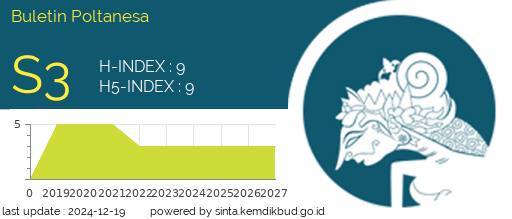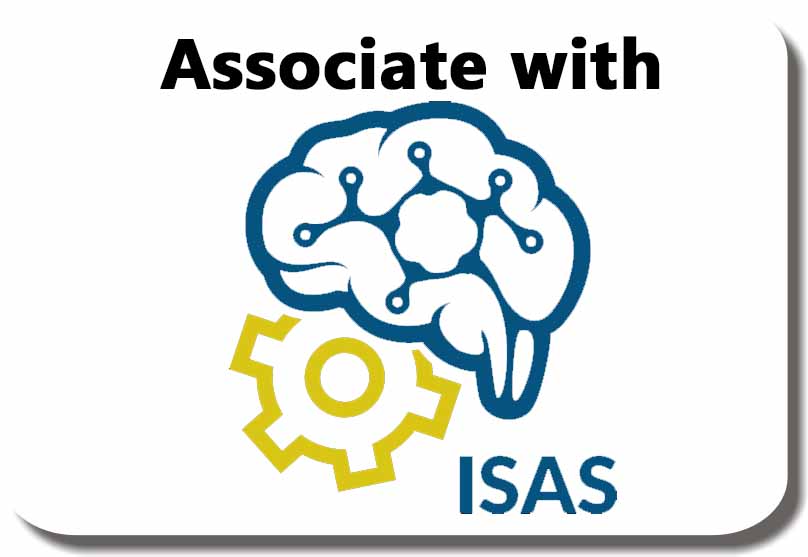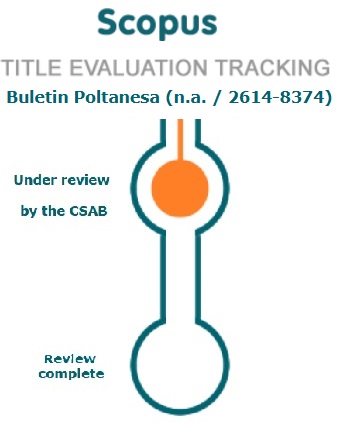Analysis of Constructivism Philosophy in Academic Student Management at MAN Insan Cendekia Paser
DOI:
https://doi.org/10.51967/tanesa.v24i2.2936Keywords:
Philosophy, Constructivism, Acedemic, Student, ManagementAbstract
This study delves into the philosophical underpinnings of constructivism within the realm of student management. Constructivism, a pedagogical approach rooted in the belief that learners actively construct knowledge through their experiences, interactions, and reflections, has gained prominence in educational discourse. This research aims to critically examine how the principles of constructivism shape and influence the management of students in educational settings. The investigation employs a philosophical lens to scrutinize the core tenets of constructivism, exploring its implications for the design and implementation of effective student management strategies. By synthesizing educational philosophy and practical management methodologies, this study seeks to provide insights into how educators can leverage constructivist principles to enhance the overall learning experience for students. Through a comprehensive literature review and analysis, the research aims to contribute to the ongoing dialogue on the integration of philosophical perspectives into educational practices. By unraveling the connections between constructivism and student management, this study endeavors to inform educators, administrators, and policymakers about the potential benefits and challenges associated with adopting a constructivist approach in shaping the educational journey of students. The findings aim to guide educational stakeholders in fostering an environment that nurtures active learning, critical thinking, and meaningful engagement among students.
References
Adlini, M. N., Dinda, A. H., Yulinda, S., Chotimah, O., & Merliyana, S. J. (2022). Metode penelitian kualitatif studi pustaka. Edumaspul: Jurnal Pendidikan, 6(1), 974–980.
Darmalaksana, W. (2020). Metode penelitian kualitatif studi pustaka dan studi lapangan. Pre-Print Digital Library UIN Sunan Gunung Djati Bandung.
Handayani, M. D., & Sujatmiko, W. (2019). Filsafat Konstruktivisme Wadah Implementasi Kurikulum 2013.
Ichsan, I., Saefudin, A., & Meisarah, F. (2023). Constructivism Philosophy in Developing Prospective Educators on the Implementation of Merdeka Belajar in Vocational Schools. International Journal of Education, Vocational and Social Science, 2(01), 306–319.
Irawati, D., Natsir, N. F., & Haryanti, E. (2021). Positivisme, Pospositivisme, Teori Kritis, dan Konstruktivisme dalam Perspektif “Epistemologi Islam.” JIIP-Jurnal Ilmiah Ilmu Pendidikan, 4(8), 870–880.
Jahari, J., Khoiruddin, H., & Nurjanah, H. (2018). Manajemen peserta didik. Jurnal Isema: Islamic Educational Management, 3(2), 170–180.
Kusuma, J. W. (2021). Constructivism from philosophy to mathematics learning. International Journal of Economy, Education, and Enterpreneurship, 1(2).
Malik, A., & Sholichah, Z. (2023). Implementasi Kurikulum Merdeka Belajar Berbasis Kontruktivisme Di Paud. Didaktika Islamika: Jurnal Ilmiah Pendidikan Islam Sekolah Tinggi Ilmu Tarbiyah Muhammadiyah Kendal, 14(1), 102–133.
Mariyah, S., Syukri, A., Badarussyamsi, B., & Rizki, A. F. (2021). Filsafat dan Sejarah Perkembangan Ilmu. Jurnal Filsafat Indonesia, 4(3), 242–246.
Marliat, M. (2023). Filsafat Pembelajaran Konstruktivisme Dalam Manajemen Pendidikan Islam. Innovative: Journal Of Social Science Research, 3(3), 11079–11088.
Masgumelar, N. K., & Mustafa, P. S. (2021). Teori belajar konstruktivisme dan implikasinya dalam pendidikan dan pembelajaran. GHAITSA: Islamic Education Journal, 2(1), 49–57.
Muspawi, M. (2020). Memahami Konsep Dasar Manajemen Peserta Didik. Jurnal Ilmiah Universitas Batanghari Jambi, 20(3), 744–750.
Nuryati, N., & Fauziati, E. (2021). Pendekatan Konstruktivisme dalam Pembelajaran Tematik Terpadu di SD Negeri Sumogawe 01 Kab. Semarang. Jurnal Papeda: Jurnal Publikasi Pendidikan Dasar, 3(2), 86–95.
Rijali, A. (2019). Analisis data kualitatif. Alhadharah: Jurnal Ilmu Dakwah, 17(33), 81–95.
Saputro, M. N. A., & Pakpahan, P. L. (2021). Mengukur keefektifan teori konstruktivisme dalam pembelajaran. Journal of Education and Instruction (JOEAI), 4(1), 24–39.
Sugihartini, N. N., & Djoko, K. (2022). Filsafat Konstruktivisme: Implementasi Peer Assessment Digital Pada Mata Kuliah Microteaching Untuk Meningkatkan Kemampuan Mengajar Mahasiswa Calon Guru. Karmapati (Kumpulan Artikel Mahasiswa Pendidikan Teknik Informatika), 11(3), 350–358.
Sumarna, C., & Gunawan, H. (2022). Foundations of Constructivism Philosophy in Classroom Learning. International Journal of Science and Society, 4(3), 53–65.
Suparlan, S. (2019). Teori konstruktivisme dalam pembelajaran. Islamika, 1(2), 79–88.
Suryati, L., Jalinus, N., Abdullah, R., & Rahmadhani, S. (2023). Dampak Penerapan Kurikulum Merdeka dalam Prespektif Filsafat Konstruktivisme pada Pendidikan Vokasi. Jurnal Penelitian Dan Pengembangan Pendidikan, 7(2).
Wardhana, K. E., Raharja, A. T., & Risalahwati, D. S. (2023). Pelatihan Microsoft Office Guna Menunjang Kinerja dan Pelaksanaan Pembelajaran bagi Guru PIAUD, TK dan SD di Desa Loa Kulu Kota. SIMAS: Jurnal Pengabdian Masyarakat, 1(2), 93–101.
Zulfiha Remsis, A. (2021). Analisis Kemampuan Pemecahan Masalah Matematis Berdasarkan Tahapan Wankat-Oreovocz Ditinjau Dari Gaya Belajar Honey-Mumford. Universitas Siliwangi.
Downloads
Published
How to Cite
Issue
Section
License
Copyright (c) 2024 Buletin Poltanesa

This work is licensed under a Creative Commons Attribution-ShareAlike 4.0 International License.
The copyright of this article is transferred to Buletin Poltanesa and Politeknik Pertanian Negeri Samarinda, when the article is accepted for publication. the authors transfer all and all rights into and to paper including but not limited to all copyrights in the Buletin Poltanesa. The author represents and warrants that the original is the original and that he/she is the author of this paper unless the material is clearly identified as the original source, with notification of the permission of the copyright owner if necessary.
A Copyright permission is obtained for material published elsewhere and who require permission for this reproduction. Furthermore, I / We hereby transfer the unlimited publication rights of the above paper to Poltanesa. Copyright transfer includes exclusive rights to reproduce and distribute articles, including reprints, translations, photographic reproductions, microforms, electronic forms (offline, online), or other similar reproductions.
The author's mark is appropriate for and accepts responsibility for releasing this material on behalf of any and all coauthor. This Agreement shall be signed by at least one author who has obtained the consent of the co-author (s) if applicable. After the submission of this agreement is signed by the author concerned, the amendment of the author or in the order of the author listed shall not be accepted.









